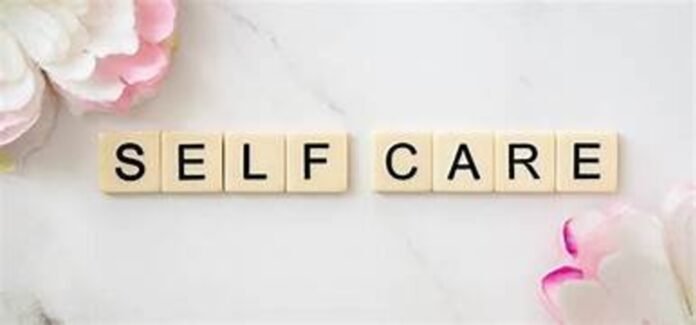In our fast-paced and demanding world, self-care has emerged as a vital practice for maintaining overall well-being. Self-care encompasses actions and habits that prioritize nurturing one’s physical, mental, and emotional health. While it may seem indulgent or selfish at first glance, self-care is, in fact, a fundamental necessity for leading a fulfilling and balanced life. In this article, we delve into the importance of self-care and explore various strategies and practices that can be incorporated into daily routines to enhance overall well-being. From simple acts of self-kindness to prioritizing rest, relaxation, and self-reflection, self-care is a transformative approach that empowers individuals to take charge of their health and happiness.
The Physical Aspect of Self-Care
Physical self-care forms the foundation of overall well-being. It involves nurturing our bodies through healthy habits and practices. Regular exercise is an integral part of physical self-care, as it not only improves physical fitness but also releases endorphins that boost mood and reduce stress. Engaging in activities that bring joy and relaxation, such as dancing, swimming, or hiking, can further enhance physical well-being.
Proper nutrition is another key aspect of physical self-care. Consuming a balanced diet rich in fruits, vegetables, whole grains, and lean proteins provides essential nutrients to fuel the body and support optimal functioning. Adequate hydration is also vital for maintaining physical health, as water is essential for various bodily processes.
Getting enough restful sleep is crucial for physical rejuvenation. Establishing a consistent sleep routine and creating a peaceful sleep environment contribute to improved overall health and vitality.
The Mental and Emotional Aspect of Self-Care
Self-care extends beyond physical well-being and encompasses mental and emotional health as well. Engaging in activities that promote mental stimulation and cognitive growth is a valuable aspect of self-care. Reading books, solving puzzles, learning new skills, or engaging in creative pursuits such as painting or writing can foster mental well-being and enhance cognitive abilities.
Managing stress is a critical component of self-care. Incorporating stress-reduction techniques like deep breathing exercises, meditation, or practicing mindfulness can help alleviate stress and promote emotional balance. Taking regular breaks, setting boundaries, and learning to say no when necessary are also important for managing stress levels.
Emotional self-care involves nurturing and understanding our own emotions. This includes allowing ourselves to experience a wide range of emotions without judgment, seeking support from loved ones or professionals when needed, and engaging in activities that bring joy and fulfillment.
Self-reflection and introspection are essential for emotional well-being. Journaling, practicing gratitude, and engaging in self-exploration exercises can help gain insight into our thoughts, feelings, and values, leading to personal growth and self-awareness.
The Importance of Self-Care in Relationships and Work
Self-care is not selfish; it is essential for maintaining healthy relationships and achieving professional success. When we prioritize self-care, we are better equipped to show up fully for others. By meeting our own needs, we have more energy, compassion, and patience to give to our loved ones and colleagues.
In relationships, self-care allows us to establish healthy boundaries, communicate effectively, and engage in self-reflection, leading to more fulfilling connections. When we take care of ourselves, we can approach relationships from a place of authenticity and emotional availability.
Self-care also plays a vital role in our professional lives. By practicing self-care, we can prevent burnout, increase productivity, and maintain a healthy work-life balance. Engaging in activities that bring joy and fulfillment outside of work, prioritizing breaks and vacations, and seeking support when needed are crucial aspects of professional self-care.
In a world that often glorifies busyness and neglects self-care, it is essential to recognize its significance in nurturing our physical, mental, and emotional well-being. By incorporating self-care practices into our daily lives, we can create a foundation of self-nurturing and self-compassion, leading to a more fulfilling and balanced existence. Prioritizing self-care is not selfish but rather a transformative act of self-love that allows us to show up as our best selves in all aspects of life.



